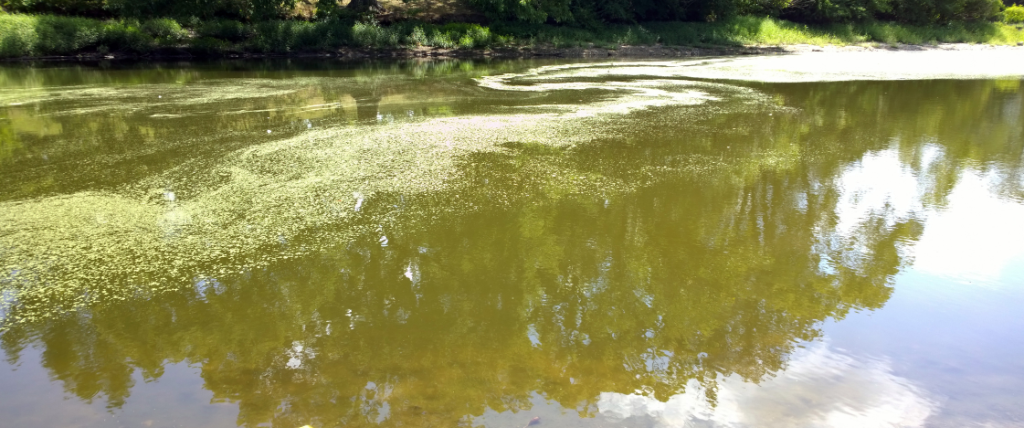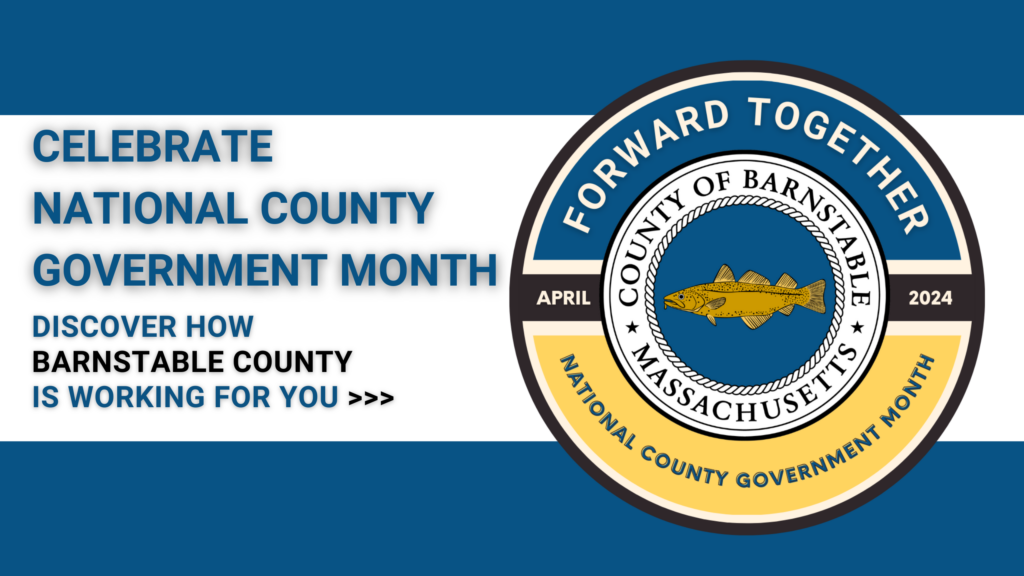
The New Republic: Vacation Towns Have a Controversial Poop Problem

In the following excerpt, The New Republic author Keely Larson interviews Barnstable County Department of Health and Environment’s Brian Baumgaertel, Director of the Massachusetts Alternative Septic System Test Center (MASSTC). To read the article in it’s entirety, please visit: Lakeside Vacation Towns Have a Controversial Poop Problem | The New Republic.
As a kid, Brian Baumgaertel would spend summers in Cape Cod. The region never left him, and 15 years ago he decided to make it his home.
“It’s a pretty unique and special location,” he told me. “There’s a lot of places that are along the seaside, but not a lot of places that are Cape Cod.”
Baumgaertel said he doesn’t have the perspective of the old-time Cape Codders who have watched the water degrade, but people talk. “You hear stories of somebody who will say, ‘When I was a kid, we came here in the ’60s, and we’d take our boat out and there would be no algae,” Baumgaertel said. “And now we go out in the bay and it’s green.”
Baumgaertel, the director of the Massachusetts Alternative Septic System Test Center, said scientists posited that nutrient contamination in the Cape was coming from septic systems as early as the late 1990s, but it took a long time for people to get moving in the right direction. As with climate change, Baumgaertel said it’s difficult to get people to think about existential threats as reality.
Cape Cod had the right type of soils for septic systems to work, said Andrew Gottlieb, executive director of the Association to Preserve Cape Cod. The reason they stopped working, Gottlieb added, was because there has been more development in Cape Cod since the 1980s than in the cumulative time that had passed since the pilgrims arrived. It became such an obvious problem that even the biggest skeptics couldn’t ignore it.
In addition to the green bays and ponds, the nutrient loading destroyed all the eelgrass, habitat for the Cape’s signature shellfish and scallops. Large floating algal mats appeared on top of the water, and the floor went from sand to muck.
Lakes became ideal habitat for cyanobacteria blooms, which can produce powerful poisons. Public health concerns resulted in closures of beaches and towns on the Cape. “Everything that could have gone wrong has,” Gottlieb said.
Gottlieb has learned that money is almost always the fundamental roadblock on these issues. So figuring out who actually has the requisite funds, and taxing accordingly, is the key to progress.
“People can question the science. They question the modeling, they question the engineering, and at the end of the day they’re just denying spending money. All of those things have an element of kicking the can down the road financially,” he said.
One solution was the adoption of an overnight tourist tax on the Cape that adds 2.75 percent to a home rental or hotel bill, which goes directly to a municipal wastewater fund; since 2018, $97 million in project funds have been provided to towns in support of water-quality projects. The tourist economy is important, Gottlieb said, but with a four-week summer peak of infrastructure use, it brings with it costs the year-round population cannot afford to address.
Cape Cod, like many resort communities, has a balance of people with McMansions and those who work service industry jobs. “Inland, it’s normal people who work at Cooke’s Seafood. They do the cleaning in the Airbnb houses or in the motels. They’re lifeguards. They’re the [Department of Public Works] workers just trying to keep the road in decent shape. There are a lot of people who are struggling to live here,” Baumgaertel said, adding that putting the cost of a wastewater treatment plant on their backs is a big ask.
Read more at The New Republic >>>



